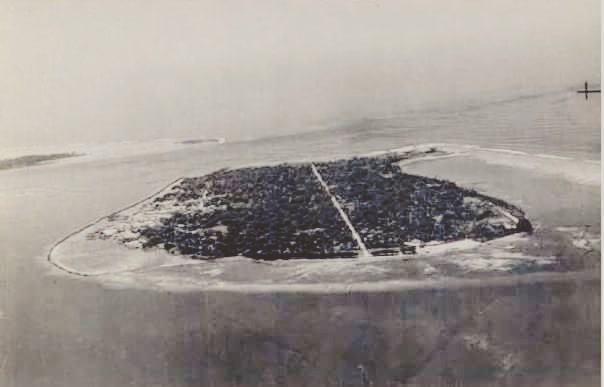Unity: the one freedom that should not be taken for granted
28 Jul 2021
It was a Monday on July 26th 1965. It had been what felt like eternity in negotiations with two nations. Maldives had or had not been a protectorate of Britain -depending on who you ask-, since 1957.
Nearing 10:00 am local time, a relatively small delegation gathered at the British High Commission in Colombo to change the course of history of some 97,000 people. A small, but loud nation through and through. Prime Minister Ibrahim Nasir had been receiving details of the negotiations via morse code after every meeting in Colombo for the past three weeks in particular.
At around 10:00 am, an infamous golden fountain pen of PM Nasir glided over the declaration of independence of the small island nation. The pen was later gifted to then Maldivian representative in Sri Lanka, Mr Abdul Sattar Moosa Didi, who would in 1972 hand over the very same pen to Queen Elizabeth. She was on her official visit to the sovereign nation of Maldives and was in need of a pen to sign the guest book.
Maldives was eagerly facing change during the late 1950s. It seemed that history played out exponentially fast during that time. Civilians were 'allowed' freedoms such as sandals and umbrellas. Women were seen at local stores and Male' locals even saw a 'picture' or two at the Olympus movie theatre from 1959.

Male' Maldives in the 1950s
Source: The Maldives Archives
From morse code to the recent slash in internet prices: from the Olympus theatre to Netflix, time had done its work. Or rather, the changemakers of history did. This day is a significant reality check for the country's political arena. A sigh of relief, or a rude awakening? After all, the declaration of independence never blatantly claimed whether the daily lives of Maldivians would turn for the better or worse. Reading between the lines of the historic document, it was always about responsibility and choice. The responsibility that Maldivians took unto ourselves- to do what we can with choice. To do what Maldivians love doing; much like sibling love, Maldivians infamously complain about the woes of the country's status while lovingly defending it against any foreign views expressing the same complaints. You may laugh now but the choice to do so freely is a privilege.
The responsibility that we have inherited today is more subtle. Sinister and lethal if abandoned. It is easy to seek blood-boiling division over serene unity in a loud and chaotic world. Today, we are too busy looking out for the enemy to see a friend approaching. Since the beginning -from when we were a nation at the epitome of 'island life'- the country has always been brought back from the clutches of annexation through trust. The trust that Utheemu brothers and their team had in each other had while facing the Portuguese; the trust that Prime Minister Ibrahim Nasir had for Mr Abdul Sattar Moosa Didi (the man with the golden pen).
We forget at our peril that the ability to trust is independence. The feeling of community, of belonging, of being comfortable with our differences is something that nations under constant fire today, pray for. We are not free so long as fear binds us. We are not free so long as we are divided via the same fear.
It is one thing to fear the loss of sovereignty. History has shown us that even nations that lose it can always win it back; with a massive caveat. The return of sovereignty has always only been possible under the blanket of unity and a common identity. A people united under unshakable beliefs, traditions and culture can always find its way back. On the other hand, it is also a reality that a people living paycheck to paycheck, worried about rent and expenses would have less time to look inwards at their identity. To know oneself and to work hard to preserve what helps us belong today, is to honor that responsibility. Afterall, it isn't enough to gain independence. It's what we do with it.